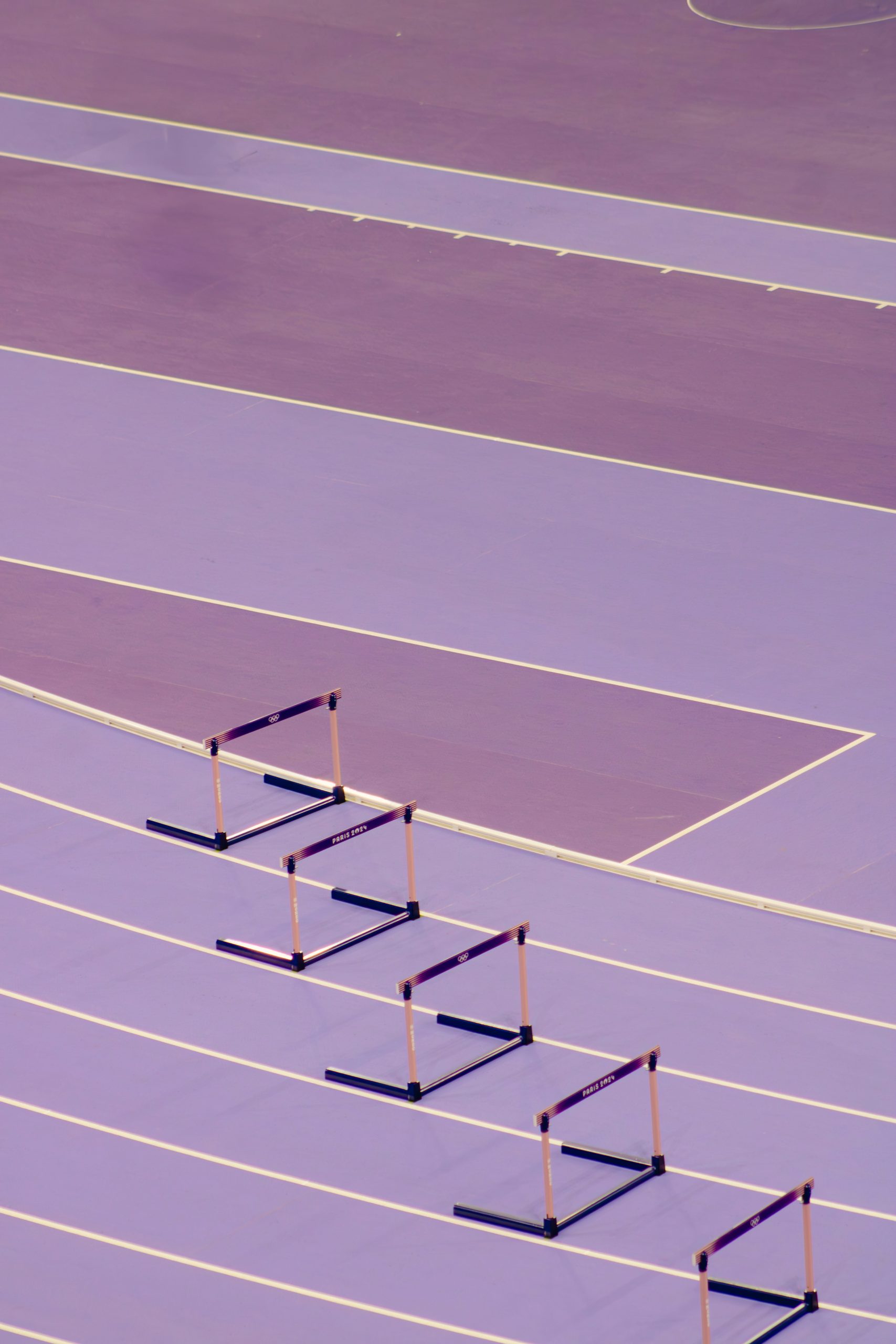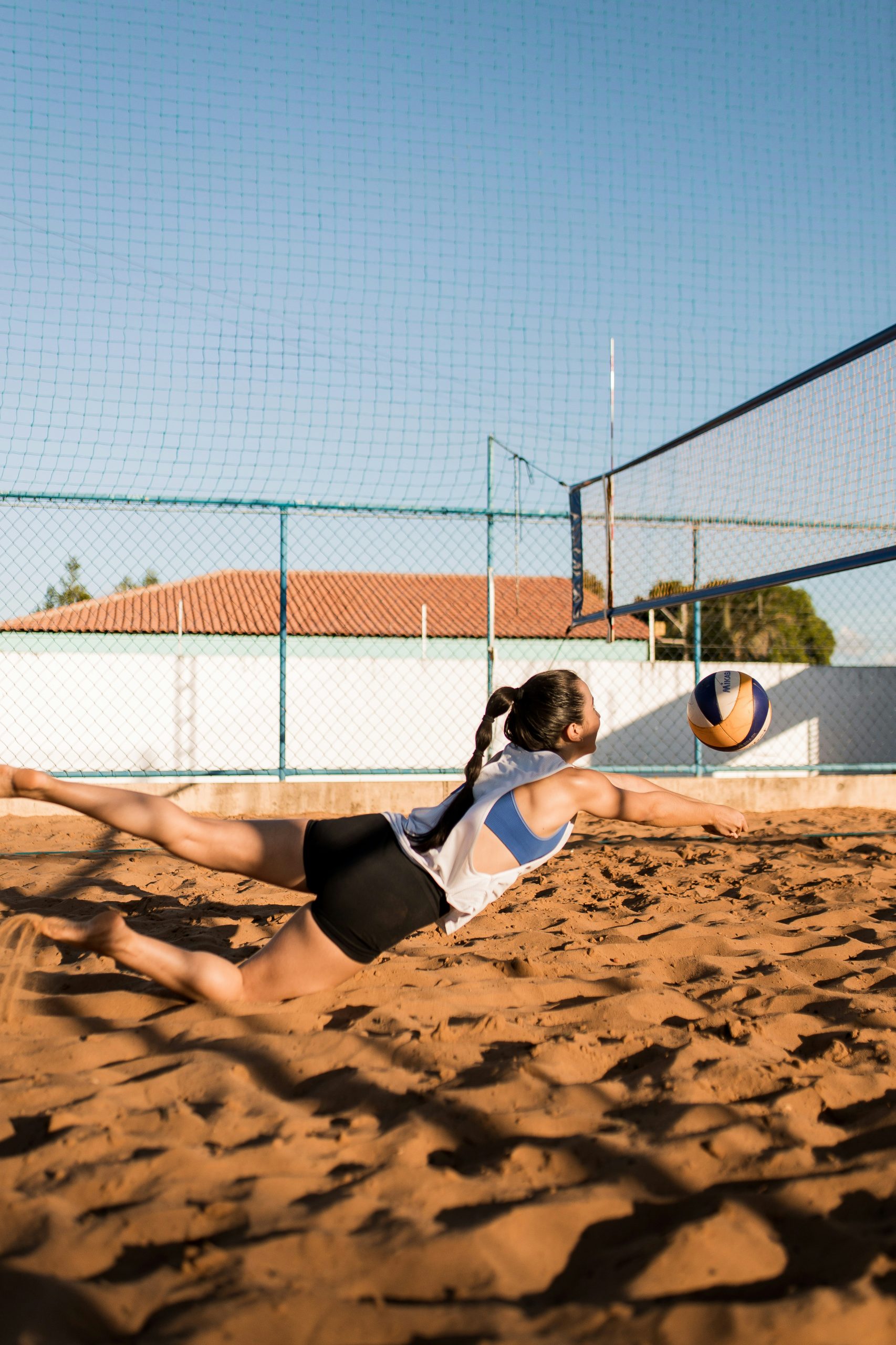Stay GREEN
How to create a training environment where children want to be – one where they learn to handle both success and setbacks, and build confidence in their own growth.

Growth – Belief in Development
In sports, talent, technique, and hard work are essential — but just as important is the belief that skills can be developed. This is known as a growth mindset:the conviction that abilities are not fixed, but can be trained through effort, learning, and overcoming challenges.
For athletes to grow, they must be surrounded by people who believe in their development. A coach’s belief in how much an athlete can improve has a powerful impact. How do they give feedback? What do they expect? How do they respond to both mistakes and progress? Equally important is understanding what the athlete believes about their own development. Do they believe they can get better, or are they afraid to fail? These beliefs – from both coach and athlete – affect motivation, willingness to learn, and perseverance.
Parents also play a crucial role. When they cheer for the process, not just the results, they help build their child’s confidence and grit. The same applies at the organizational level: How is development talked about in the system? Is there room for long-term progress, or are young athletes expected to “perform now” to be noticed?
A true developmental environment begins with the belief that everyone can improve — with time, support, and effort. It’s this belief that gives athletes the courage to try, fail, learn, and ultimately succeed.

Resilience – Growing Through Adversity
Pursuing sports as a young person involves big dreams — and big challenges. It requires not just physical strength, but psychologicalresilience: the ability to cope with both success and setbacks, and to bear the invisible weight that sometimes comes with being talented.
Many young athletes see adversity as a sign that they’re not good enough. But setbacks are often what help us grow the most — if we receive the right support. That’s where Resilience is built. It’s not about being strong all the time, but about learning how to get back up, reflect, and move forward.
A key part of this is the balance between challenge and support. Young athletes need tasks that are in their zone of proximal development — difficult, but achievable — with coaching and support that enable growth.
Resilience doesn’t happen overnight. Psychological factors like motivation, confidence, and a sense of mastery develop over time. The social environment plays a vital role. Friends, family, coaches, and teammates all help athletes navigate tough times in healthy ways.
In sports, certain factors are especially important:
- A positive and realistic self-image
- Intrinsic motivation and focus on learning
- A safe training environment with room for mistakes and growth
- Strong social support — on and off the field
Resilience isn’t something you’re born with — it’s something you learn. And it’s something everyone around the athlete must help build.

Educated – Knowledge of the Self
At the same time, understanding total load is essential — not just training, but also school, sleep, social pressure, and mental demands. Without proper recovery, the body can’t rebuild. Without adequate nutrition, it lacks the fuel to develop.
Too little food over time can lead to REDs (Relative Energy Deficiency in Sport) — a condition where the body doesn’t get enough energy to support both training and basic functions. The consequences can be serious: hormonal disruption, higher injury risk, decreased performance, and loss of menstruation. But this can be prevented — through knowledge and openness.
Being “educated” isn’t just about knowing what’s right — it’s about understanding your own body, recognizing warning signs, and having a support system that enables healthy development. When young athletes learn to care for themselves, they lay the foundation for long-term performance and well-being.
Energetic – A Strong Indicator of Motivation
It’s easy to focus on results, but one of the strongest indicators of motivation is something more fundamental: energy and effort. How an athlete shows up for training, competitions, and daily life says a lot about what drives them.
Motivation doesn’t always look the same. Sometimes it’s simply the willingness to show up, work hard, and stick with it over time. When an athlete brings energy and focus to their effort, it often comes from within — not just from external pressure or expectations. That’s why it’s important for coaches and support staff to look beyond “the best” and notice those who show energy and invest in their development.
At the same time, energy is not unlimited. If an athlete who is usually enthusiastic suddenly seems flat or disengaged, it may signal overload, stress, or imbalance. It becomes crucial to know the athlete well and support them with recovery, mastery, and emotional safety.
Supporting internal motivation isn’t about pushing harder — it’s about recognizing effort and the value of wanting something for yourself. When young athletes are given space to express their energy on their own terms, both joy and performance grow.

Nurturing – Strong Both Physically and Mentally
For young athletes to develop over time, they don’t just need training — they need a safe and supportive environment that takes care of both body, mind, and relationships. This is about more than physical preparation; it’s about psychological safety, emotional understanding, and social support.
As a coach, parent, or health professional, it’s not just what you say that matters — it’s how well you read the athlete. Can you interpret their signals, body language, and how they’re truly feeling? Safety grows when young people feel seen, not judged — when they know they can make mistakes without ridicule, and when they’re given space to grow at their own pace.
Ensuring the basics — sleep, nutrition, rest, emotional balance — is a prerequisite for development, not an optional extra. Mental skills can also be trained, just like strength and technique.
When we treat athletes with respect, warmth, and clear boundaries, we’re not just building performance — we’re building confidence and resilience for life.
